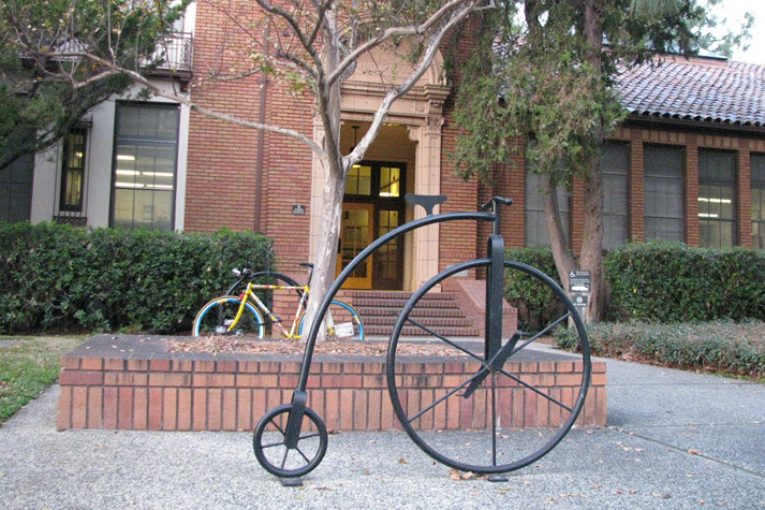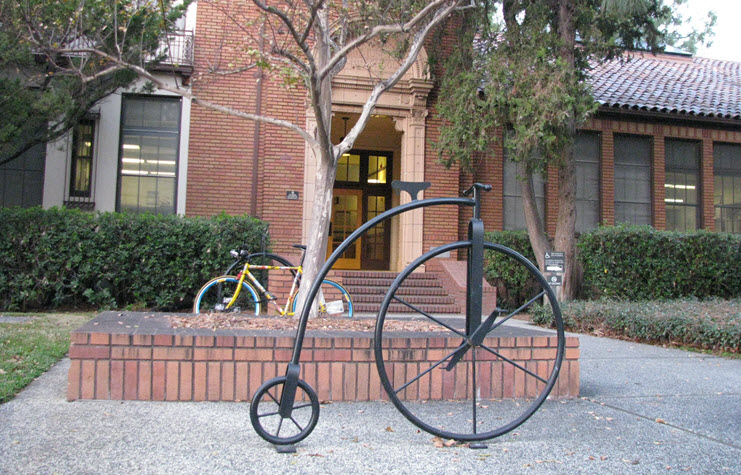

By David M. Greenwald
Executive Editor
Davis, CA – One of the public commenters on Tuesday made an interesting point: “It is also the choice that gives more opportunity for new voices to be part of city governance. The last person who is appointed by the city council was very much a city insider.”
That got me thinking—yeah, but who wins when they hold elections? For the most part, over the last few election cycles, the candidate is fairly standard—at least moderately pro-growth and liberal on social issues.
Yeah, Dan Carson is a bit more focused on fiscal issues and Gloria Partida had a background as a civil rights and social justice advocate in the community, but while they look different on paper, that generally has played out with a pretty similar voting  record.
record.
The public commenter probably believes they have a better chance of getting a candidate that is closer to their values in an election. The reality is that when push came to shove in District 3 in 2020, Lucas Frerichs out-performed Larry Guenther by nearly two to one.
In fact, one could argue that an appointment process might be a better path toward an unconventional candidate than election. The days seem to be long gone when Davis would elect an iconoclast like Julie Partansky or perhaps Sue Greenwald.
In 2011, the council had such a chance. Everyone remembers that Dan Wolk ended up winning the appointment. I always saw that as a lost opportunity. After all, Wolk, the son of a State Senator as well as the son of a former Dean of the UC Davis Law School, could have won easily at the ballot the next year had he wanted to—and he won every precinct in 2012 when he did run.
The finalist against Wolk that year was Paul Boylan. Boylan was never going to be someone who could run and win election—he’s a cagey and wily attorney. I’m forever grateful that he did run, because I had not met him previously and he has since become a reliable partner with the Vanguard, counsel, and far more.
But I always thought the council should have appointed Boylan—who would have given a far different perspective as opposed to Wolk, who was more of the same and frankly, as I said, could have won any time he chose to run.
But that’s the point—many argued that an election would be “more democratic” than an appointment. And in some ways that is undoubtedly true. But the problem is that the outcome is probably not much different.
I was willing to take a chance on district elections in part because I thought it would make it more likely that students and people of color would be able to run and win elections—but I think I was wrong in a community like Davis that doesn’t have big enclaves of diversity. Perhaps had we gone to a seven-member council, we could have at least had a student district.
But an appointment process at least would have allowed for the possibility of a person of color being appointed to District 3.
People are forever lamenting the fact that the voters elect people to council who don’t represent their values. If we look at the satisfaction ratings for instance, the community is mostly happy with the provision of city services, but less happy about issues such as housing affordability, downtown parking, road maintenance, and even some aspects of policing such as racial profiling.
Even on fiscal matters, where the council is perceived to be doing less well, it’s still 61 percent satisfied, while 37 percent are not satisfied. That is slightly better than the 60-39 split on the performance of council. And both those numbers are fairly similar to the roughly 35 to 40 percent who have said on other polling surveys that they would oppose most housing projects.
So, is there really a disconnect? It seems really in one place—Measure J projects. Since Nishi was put on the ballot in 2016, the council has placed five projects on the ballot, and three of them failed. But while council supported each unanimously, the voters did not.
Is there a disconnect there? In one sense, yes. The council was more willing to pass projects than the voters. But, then again, the council was considering the issues of housing needs and perhaps fiscal needs, and the voters were perhaps more concerned with issues like open space and traffic.
While the votes of the council matched up with the hypothetical priority of the voters—affordable housing for example, the voters declined to support projects based on other considerations.
Moreover, as I have mentioned before, the voters know they have a fail safe on peripheral housing because they can always veto approved projects through the Measure J process.
Bottom line, it seems that, despite the complaints about the disconnect, there is really one issue on which the council has been disconnected from most of the citizens—peripheral development; and the voters hold the trump card there, so that has not been a matter of huge concern.
Moreover, as we have seen—granted, with fairly limited cases—the voters and the council seem to pick roughly similar candidates whether it be an appointment or an election.
I don’t mind seeing an election next year to replace Lucas Frerichs—I just think, in the end, who wins may not be very different. I guess we’ll get to test that hypothesis if we get both an appointment and then an election.

